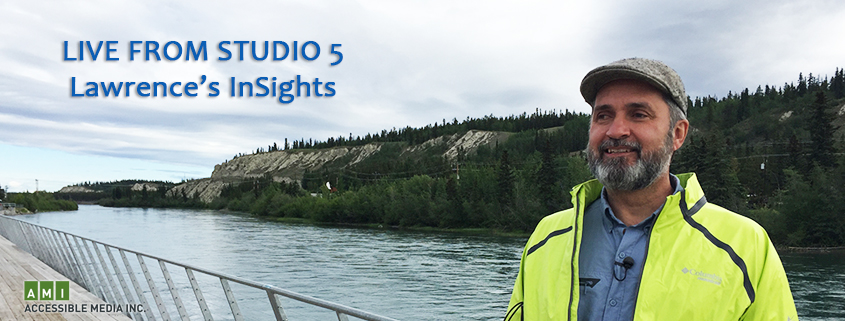
The Oil Spill Cleaning Illusion
With more oil soon to be loaded and shipped along the west coast of Canada, on-going oil production on the east coast, and the likelihood of oil production to get underway in Canada’s Arctic, do we truly have what it takes to respond to oil spills?
(Transcript of Lawrence Gunther’s bi-weekly 12-minute segment on Live from Studio 5 broadcast over AMI TV and Audio across Canada)
Q. Welcome back Lawrence, given what happened in Alaska with the EXON Valdez 30-years ago and in the Gulf of Mexico in 2010, do we now have the clean-up technology to properly address oil spills?
A. Unfortunately, no. the response approaches we use are still the same ones used for the past 40 years – nothings changed. We still use:
- Booms to contain the oil;
- Skimmers to remove the oil;
- Fire to burn the oil; and,
- Chemicals to break down the oil into smaller droplets.
A. At best, open water oil spills have a recovery rate of between 10 and 15 per cent.
Q. If it’s so low, then why do we even pretend to be cleaning up oil spills in the ocean?
A. Oil spills are like earth quakes or hurricanes, governments just can’t step back and do nothing.
A. The oil recovery techniques in use provide excellent theatre for media to report, and gives viewers a sense that the problem is being fixed.
Q. Was this also the case with the Deep Water BP Oil well rupture in the Gulf of Mexico in 2010?
A. The BP well released 650-million litres of crude oil.
A. Helicopters and ships released Chemicals to break down the oil were released but actually caused more harm than good.
A. Volunteers dressed in blue safety clothing were paid to treat oil soaked birds.
A. In general, a lot of show with very little actual results.
Q. Are you saying that not even the birds were saved?
A. Oil soaked birds are treated with charcoal solutions, antibiotics, dish soap, and Pepto-Bismol.
A. Less than 1 per cent of cleaned oil-soaked birds lived.
A. Over 1-million birds died in the Gulf.
A. It takes only one dime size drop of oil to kill a bird.
A. Biologists recommend that instead of trying to clean birds, they be killed humanely instead.
Q. Then why do we even try to do all this – what’s the point?
A. The response gives the illusion to those who are watching that good things are happening.
A. It’s up to those of us who aren’t subjected to this “response theatre” to offer others the true facts.
A. Like The total cost of an oil spill involving Bitumen, which is what comes from the tar sands, is ten-times higher than a spill involving crude oil because Bitumen takes so much longer to break down, or, that birds or bears that have oil on their feathers or fur will lick the oil which leads to kidney failure and death.

